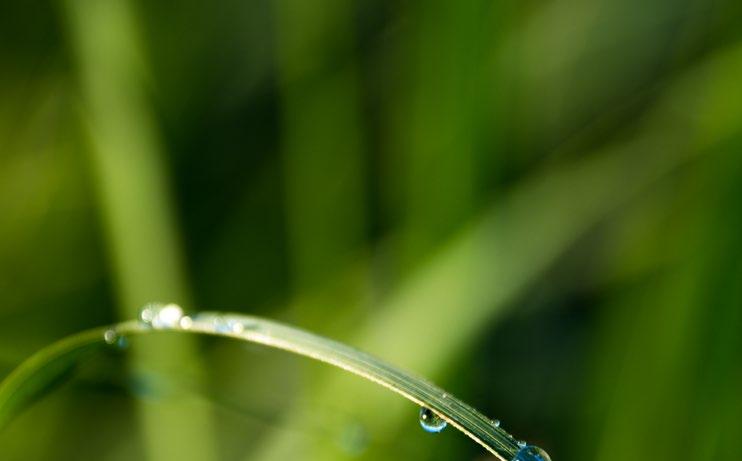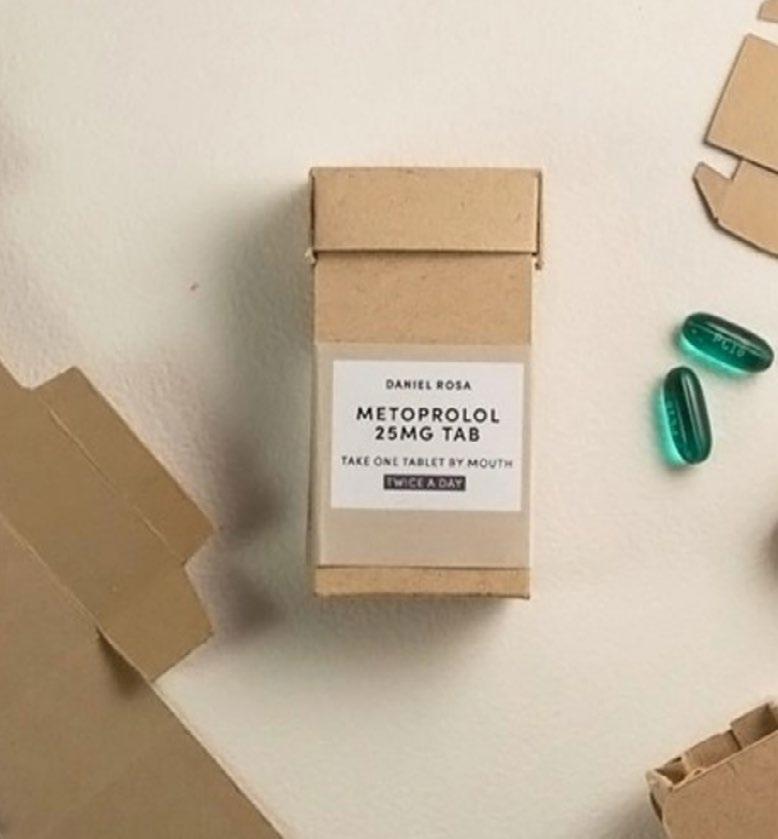Sponsored feature
Accelerating the degradability of plastics By Natupharma
We recently caught up with Mads BødtcherHansen, CEO and founder of Natupharma A/S, in Denmark, to discuss his new Eco Packaging project which appears to solve several packaging industry concerns. ads, can you give us a brief introduction to Eco Packaging and tell us what made you decide to focus your company’s efforts on this particular project? Being in vitamins, minerals and Omega 3 oils, Natupharma uses a lot of plastic pots. I was looking for an eco-alternative but couldn’t find one that was fully biodegradable. Now, working with a manufacturer in Denmark, we have created our own solution and that is what we are offering today. What is the difference between degradable and biodegradable plastic? Degradation is the process that deteriorates plastic material. Biodegradation is degradation that occurs using microorganisms and
22.
transforms the material into CO2, H2O and biomass or CO2, CH4 and biomass. What is the difference between an oxo-biodegradable product and yours? An oxo-biodegradable product needs oxygen to help break it down. These have been linked to communicable disease in humans, plants, and animals. Our Eco Solution uses a completely different process using microorganisms. Phytotoxicity tests have been conducted and show that polymers containing our biodegradable compound are environmentally safe, with no microplastic remnants from the degradation process. That is good to hear, but what about the resultant biodegraded product – could that be harmful? Methane, carbon dioxide and water occur naturally in the environment, so no. Which resins will work with your Eco Packaging solution? Our technology is compatible with traditional plastic resins such as PE, PP and PS. Does your process affect shelf life? There is no material change to
packagingbirmingham.com | packaging-london.com
the pots’ properties until they enter conditions such as aerobic, anaerobic, waste and marine water. Are your products recyclable? Our products are fully recyclable and can be placed in the normal plastic waste collection bin. Are your products suitable for food preparation and packaging? All our products are Food Safe and in full compliance with all relevant EC regulations for food contact materials. Is it suitable for pharmaceutical products? We have had no problems up to date, but it is the responsibility of individual companies to carry out any testing on their own products in line with industry standards. Why can’t we just use recycled plastics? Currently less than 10% of the world’s plastic is recycled – this is not a solution to the mounting problem until all countries are able to recycle better. But could your additive be added to recycled plastic? Yes, the additive works in the same way with recycled plastics.

















